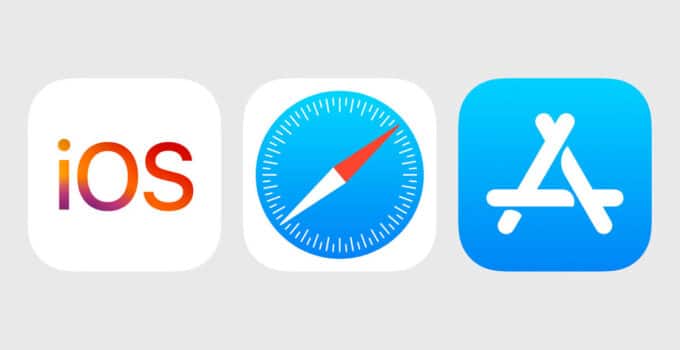Apple Introduces Major iOS Updates in Response to EU’s Digital Markets Act. Apple is set to introduce a series of groundbreaking updates to iOS, Safari, and the App Store, specifically designed to align with the European Union’s Digital Markets Act (DMA). The DMA represents a comprehensive regulatory framework aimed at ensuring fair practices by large platform operators, dubbed “gatekeepers,” within the digital marketplace. These updates signify a substantial shift in Apple’s approach to software and device interoperability, particularly within the EU.
iOS 18 to Introduce Groundbreaking Hearing Aid Mode for AirPods Pro
In an effort to adhere to the DMA’s stipulations, Apple’s upcoming iOS 17.4 update is poised to unlock new avenues for payment processing and facilitate the installation of apps from alternative marketplaces. This move underscores a significant departure from Apple’s traditionally closed ecosystem, opening the doors to increased flexibility and choice for iOS users.
A notable change on the horizon is the enhanced ability for users to switch from iOS to Android platforms. Apple is diligently crafting a user-friendly solution that simplifies the data transfer process from iPhones to non-iOS operating systems. This initiative is expected to be fully implemented by autumn 2025, potentially coinciding with the launch of iOS 18. The forthcoming solution promises to empower manufacturers like Samsung and Google to provide more seamless data migration tools for those transitioning from iPhone.
Starting from late 2024, Apple will grant EU users the unprecedented option to remove Safari from their devices, allowing for the selection of alternative web browsers. To facilitate a smooth transition, Apple is integrating functionalities that enable the importation of data between browsers on the same device. Notably, iOS 17.4 has already begun prompting users to select their default browser upon Safari’s initial launch.
Apple’s commitment to DMA compliance extends to interoperability requirements, which will be evaluated individually to determine their applicability and the feasibility of developing effective interoperability solutions. This meticulous approach ensures that functionalities align with the DMA’s objectives and that robust interoperability can be achieved.
The update also introduces a mechanism for app developers to seek additional review channels for app approvals, beyond those provided by Apple’s App Review Board. Developers faced with unsuccessful appeals will have the option to request mediation through a process described by Apple as “easily accessible, impartial, independent, and free.”
These comprehensive updates reflect Apple’s dedication to fostering a fairer commercial environment and enhancing consumer services. By facilitating easier transitions between providers and ensuring greater choice and flexibility, Apple is setting a new standard for compliance with the DMA. As these changes roll out, EU consumers and developers alike can anticipate a more open and interconnected digital ecosystem, marking a significant milestone in the evolution of Apple’s software and services.



